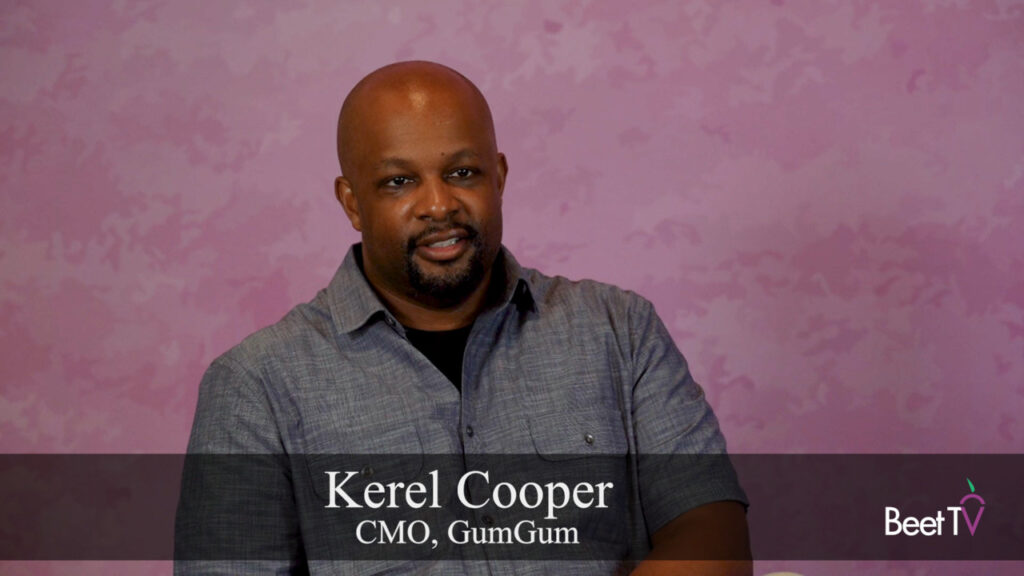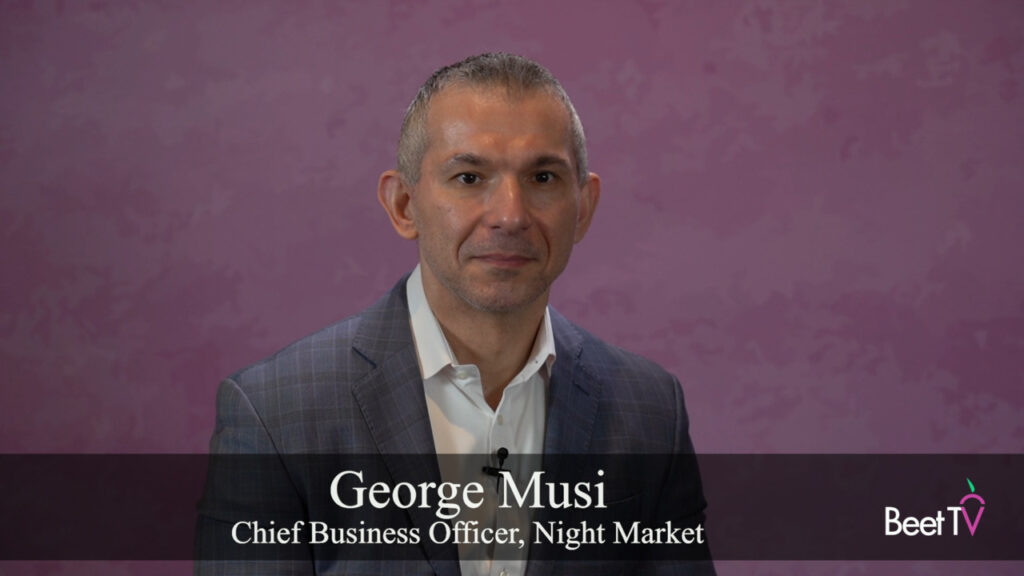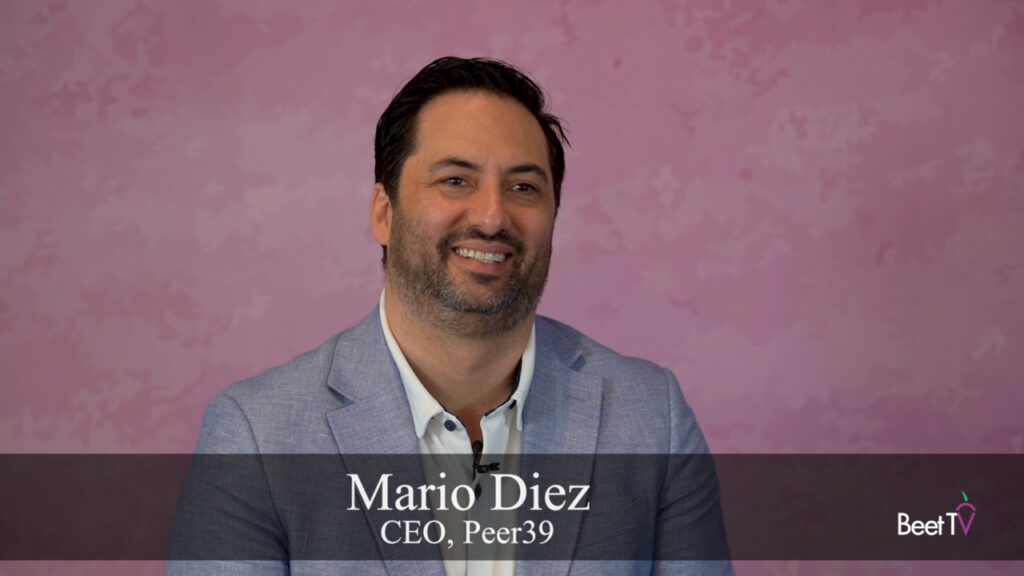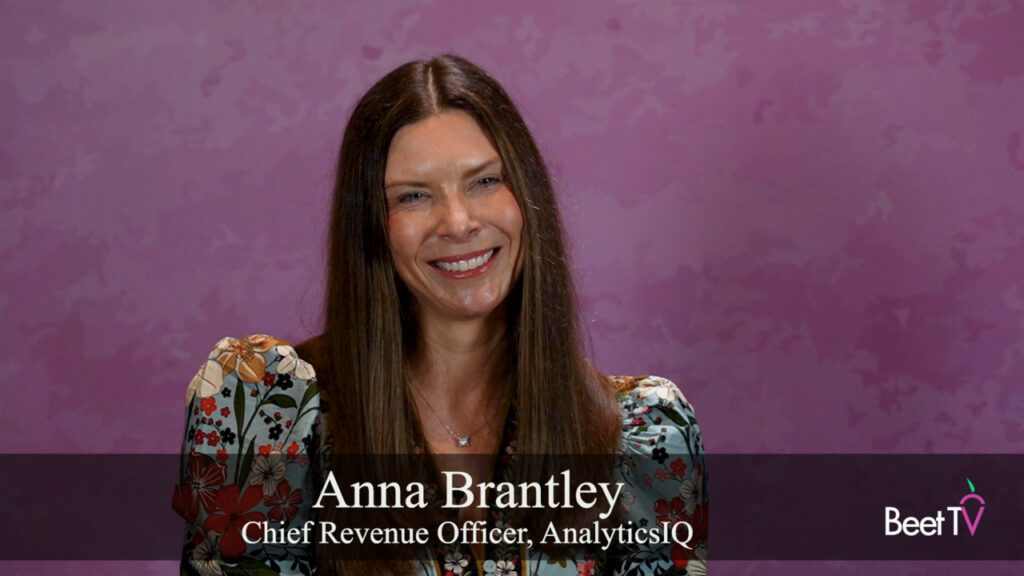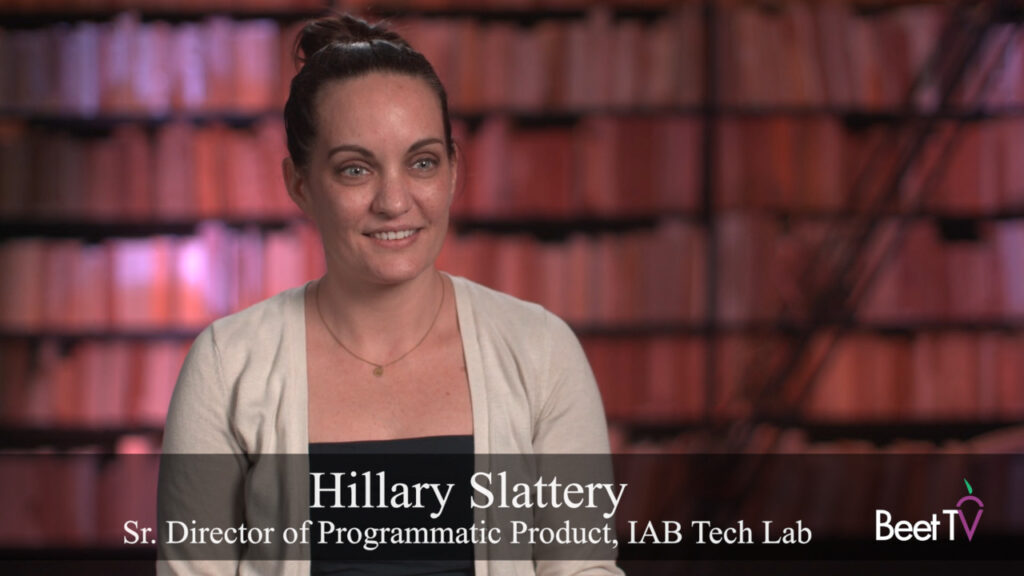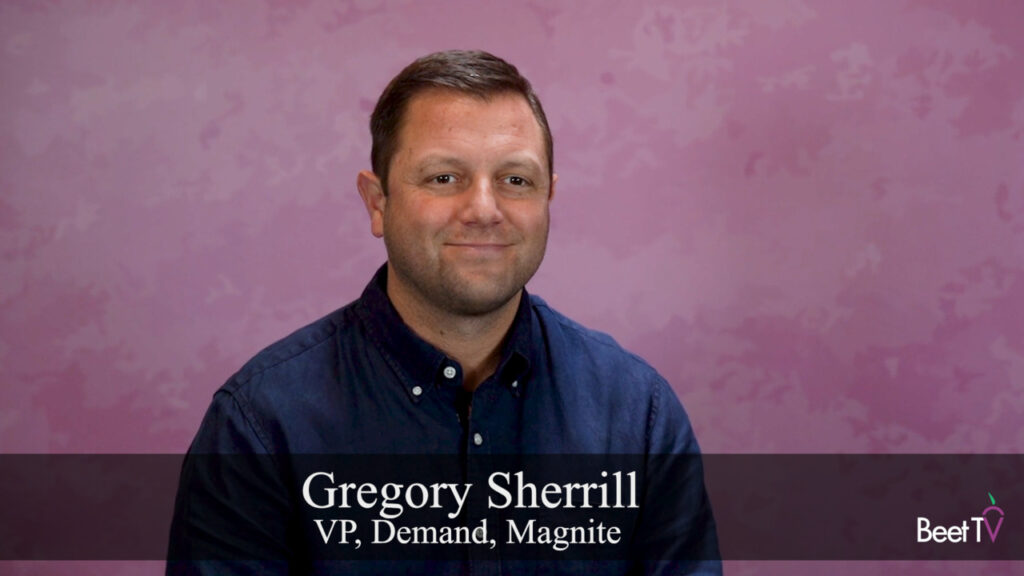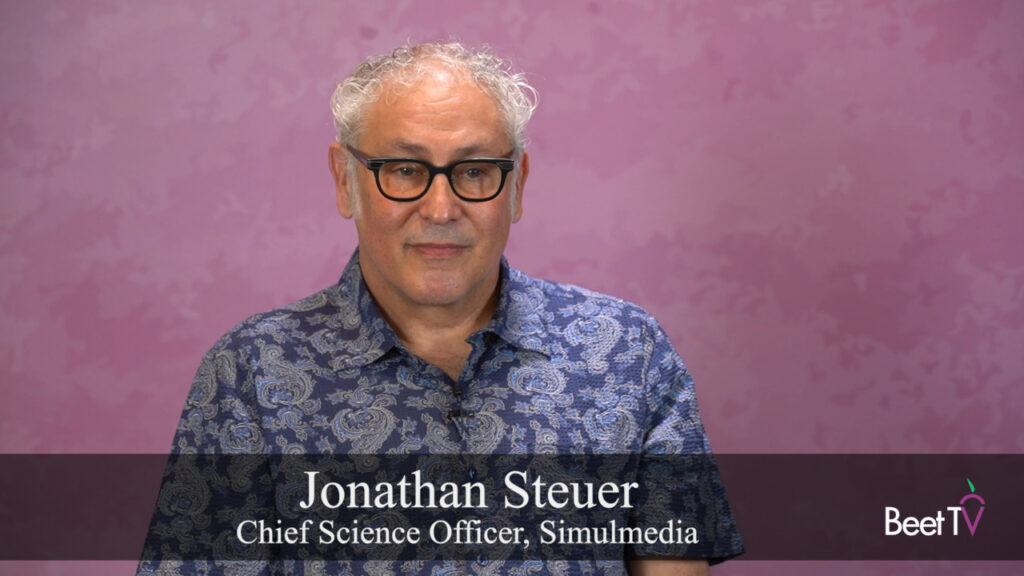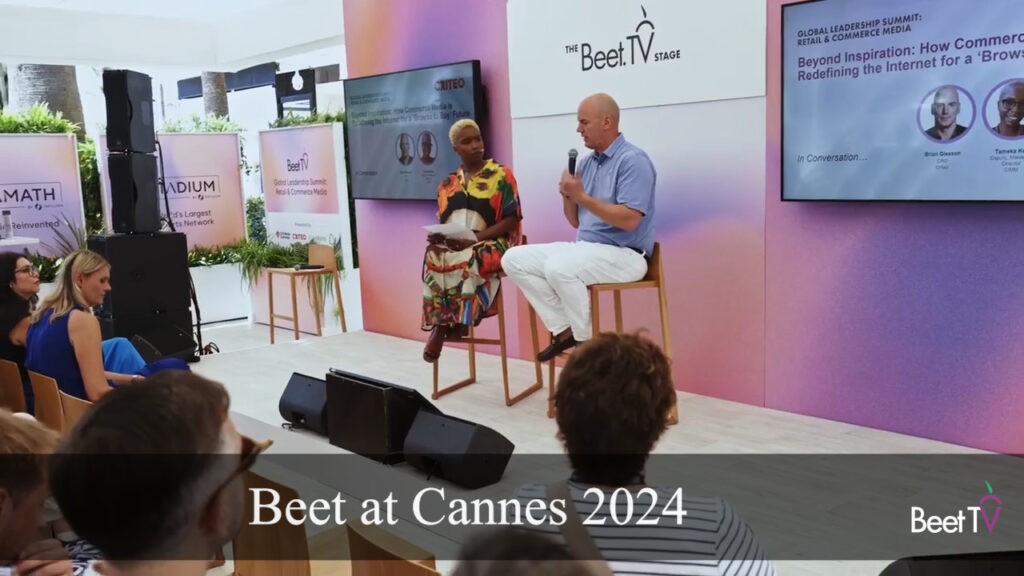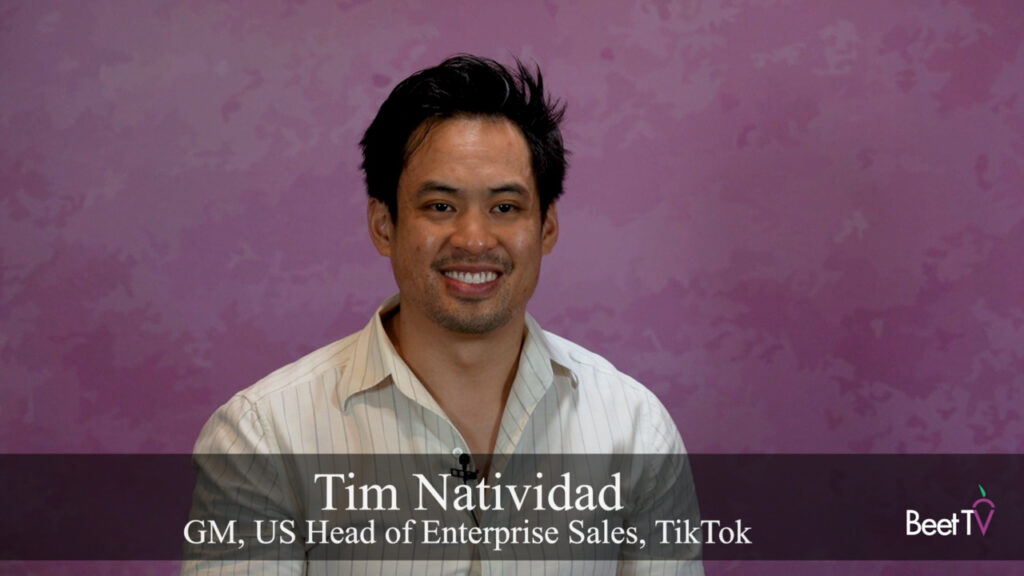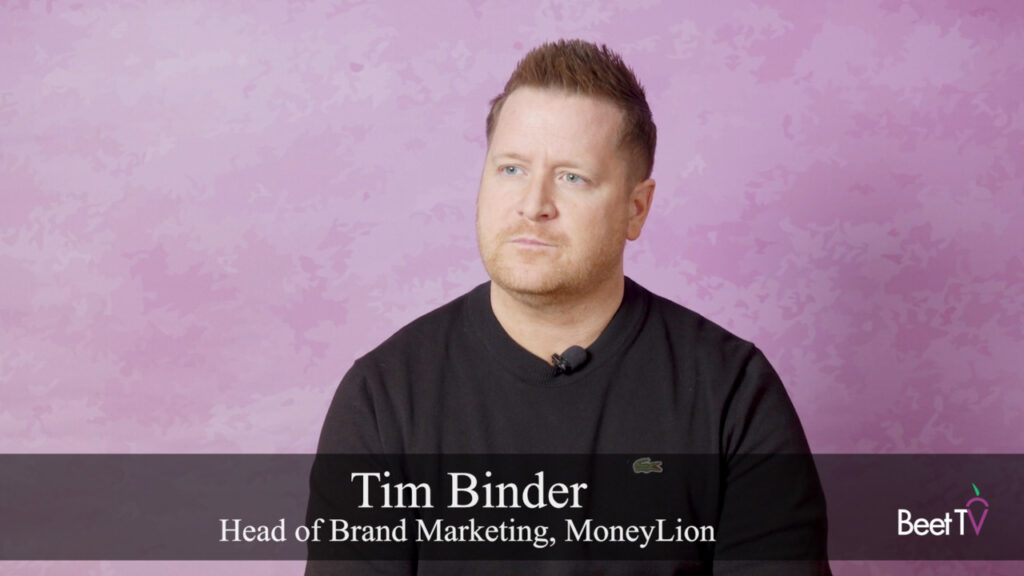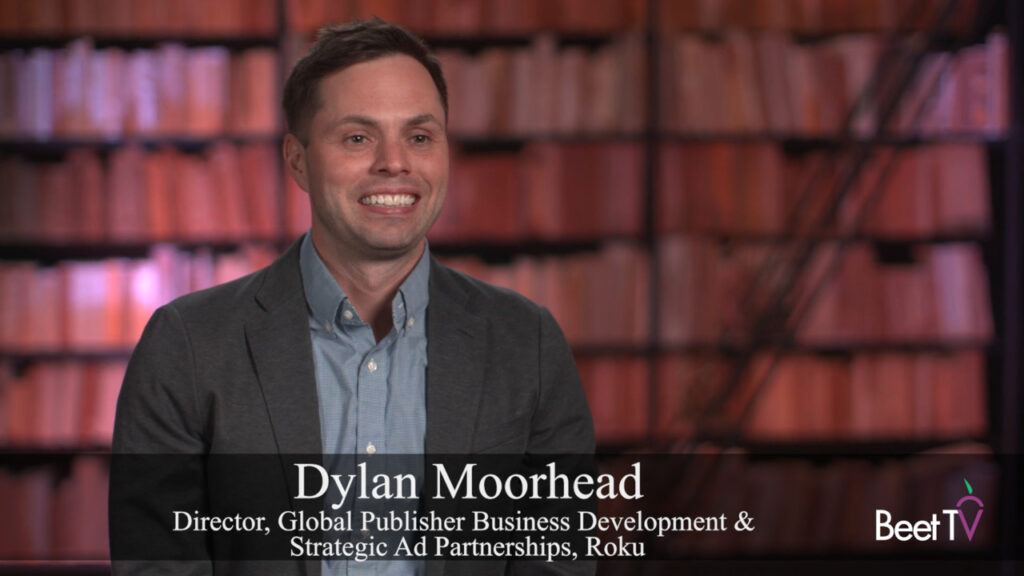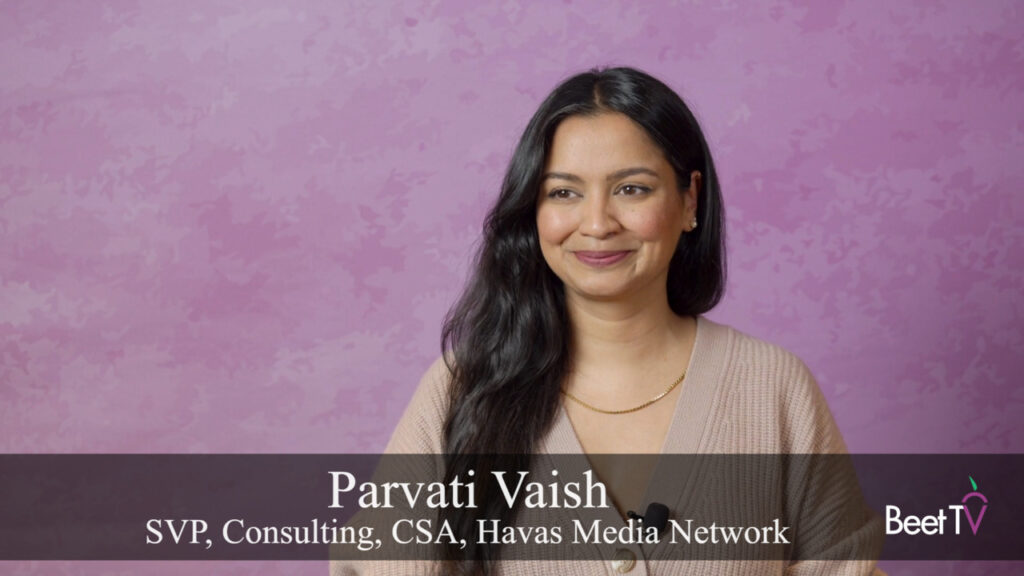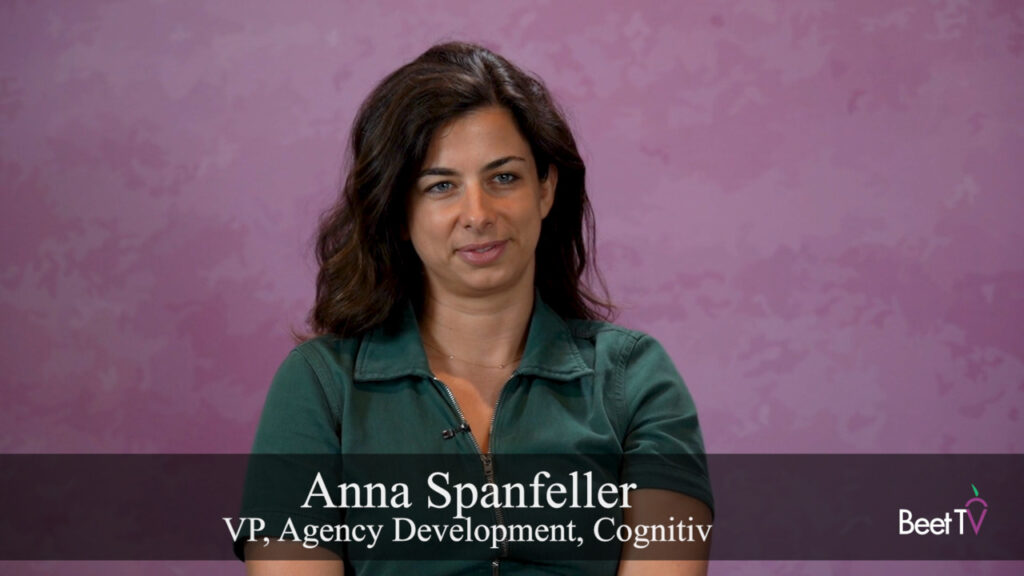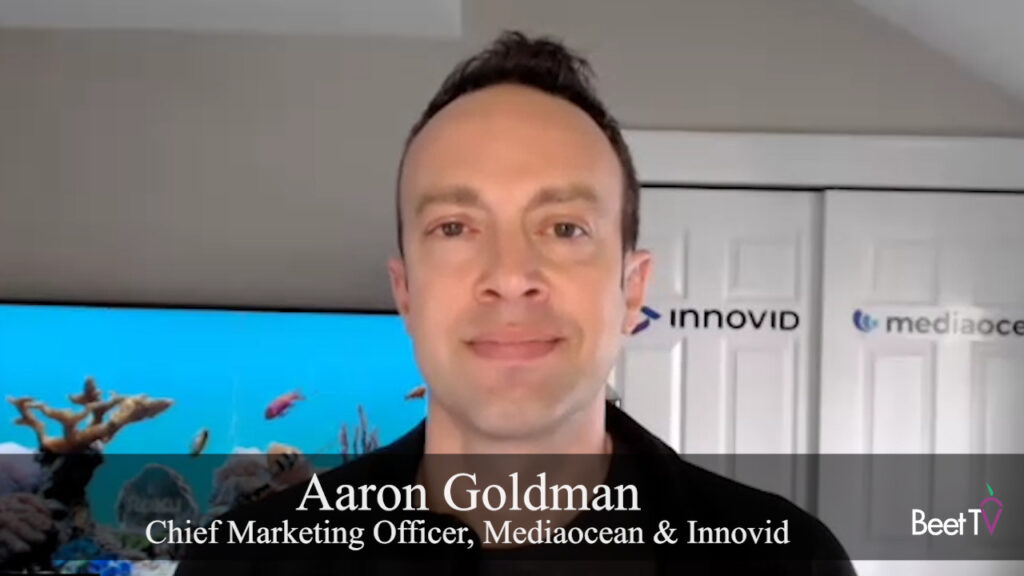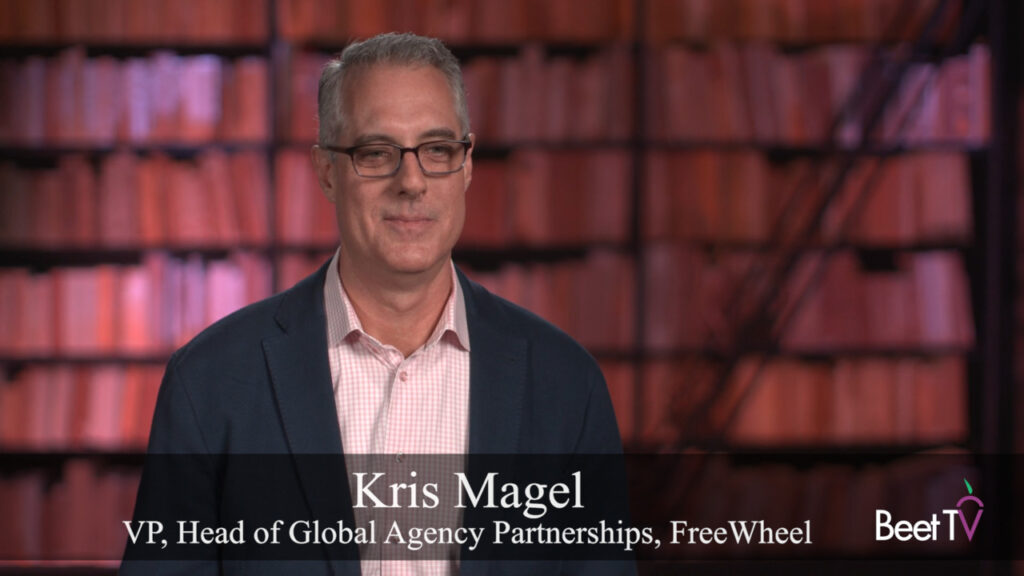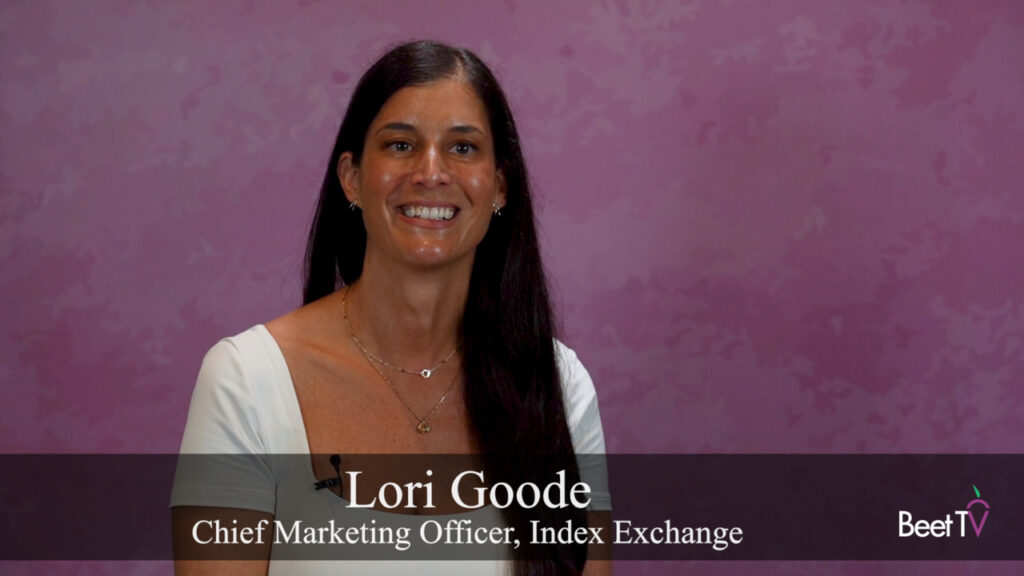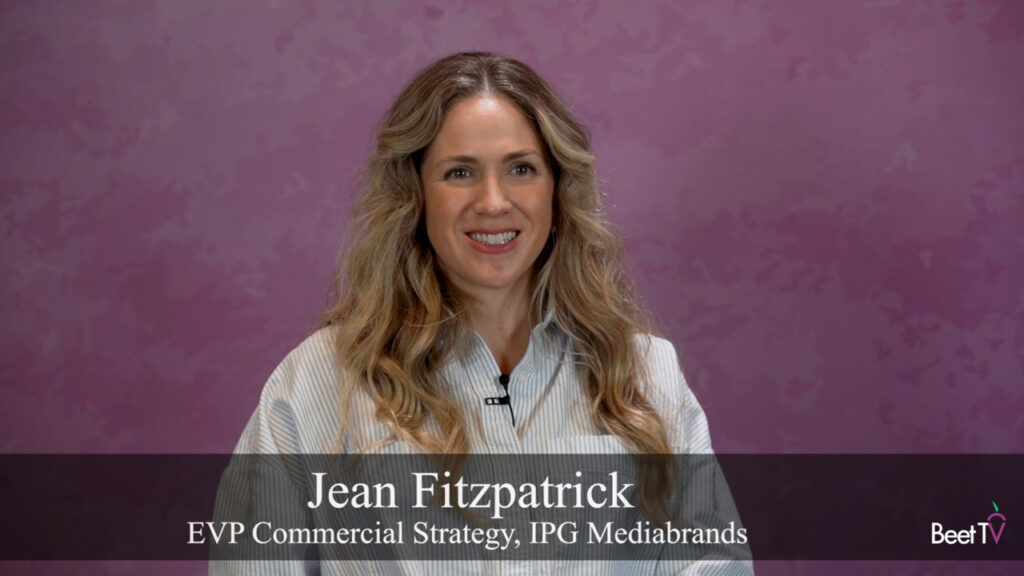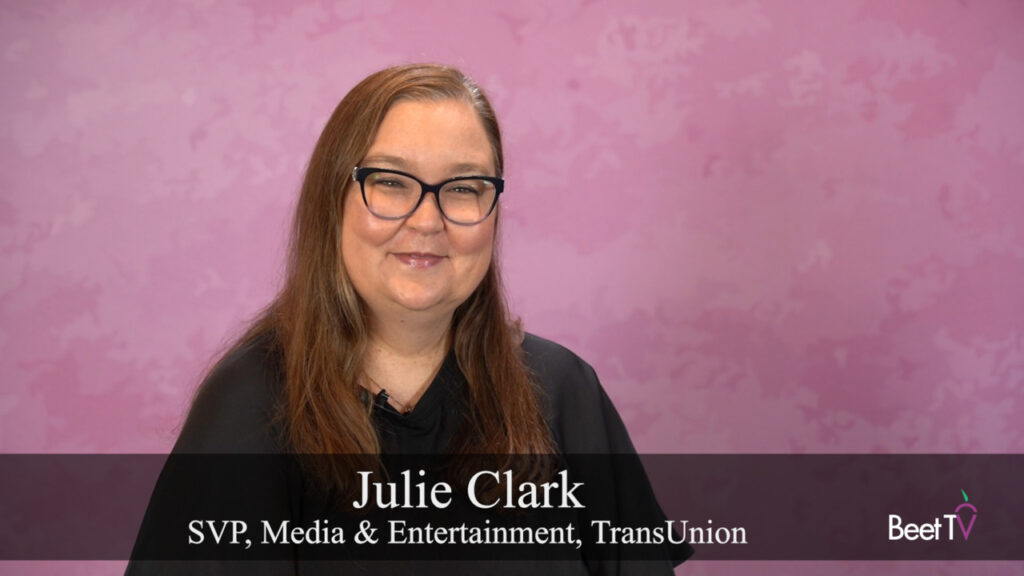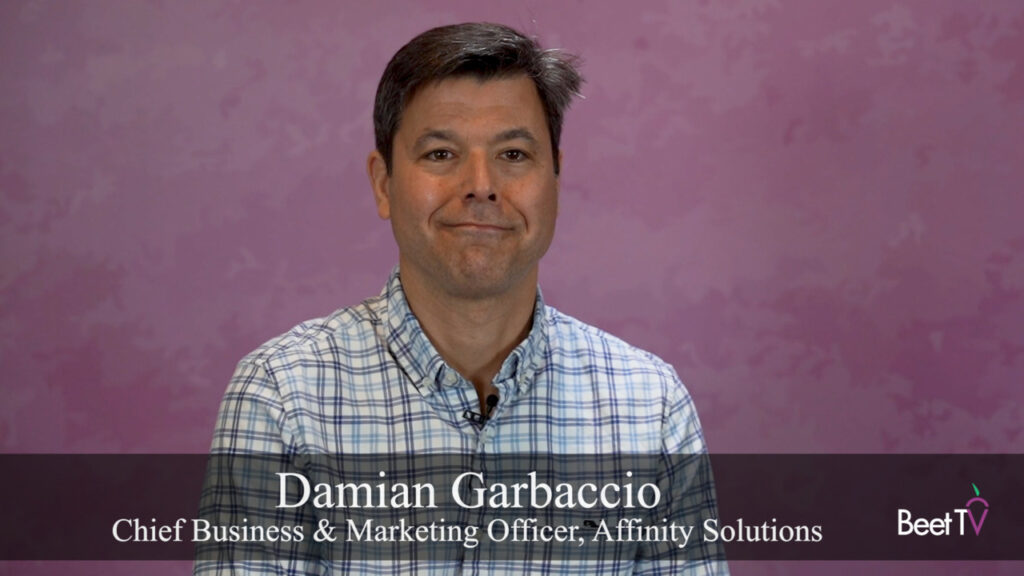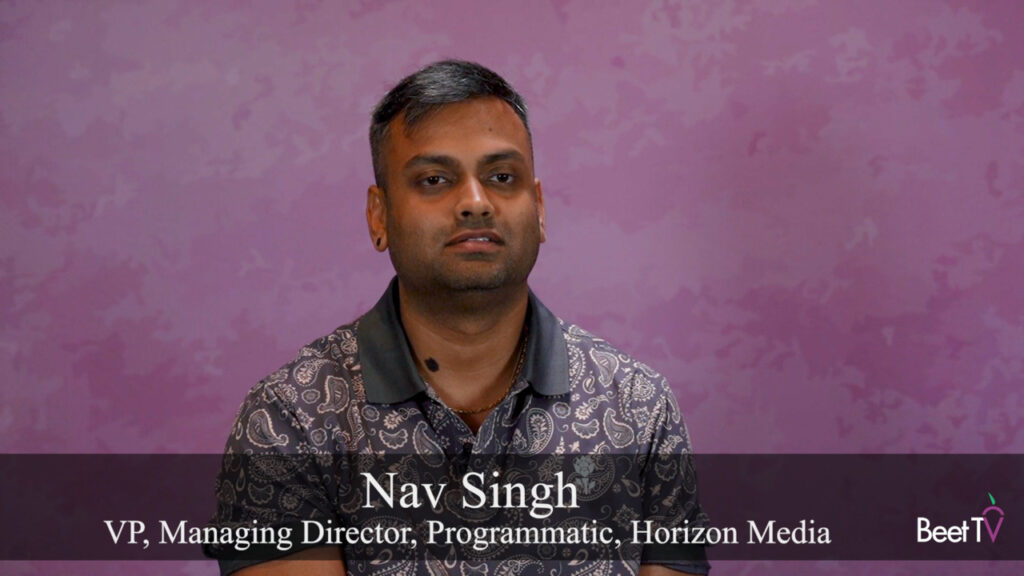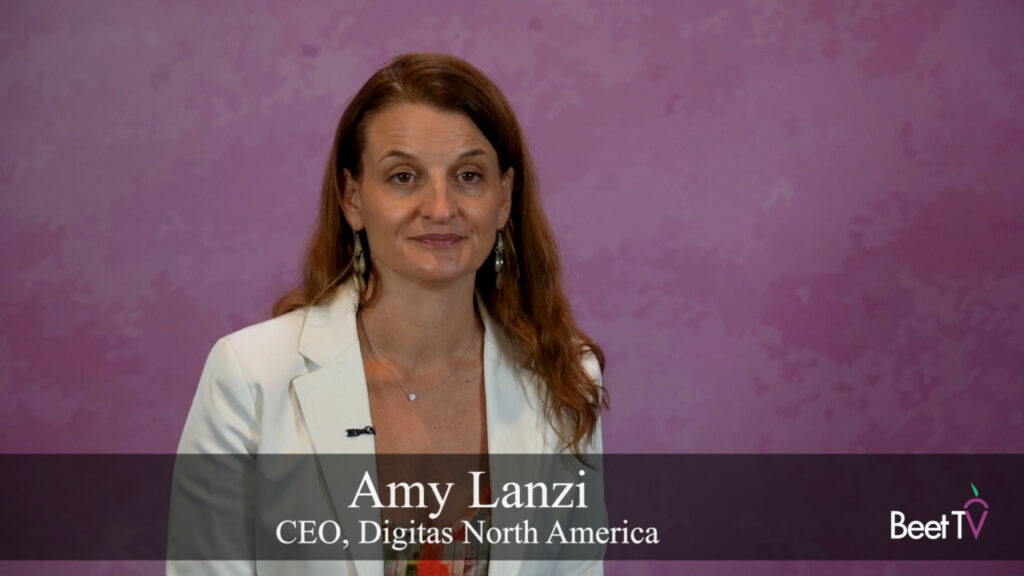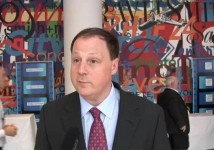
Politico.com, the Washington-based, online news organization created by former Washington Post staffers in 2006, will become profitable this year, says John Harris,
editor and co-founder, in his interview with Beet.TV.
We caught up on Tuesday with John Harris after his panel at the Advertising 2.0 conference here in New York.
He spoke about the early success of the organization's new syndication model and its video business. He says that covering the Obama administration is a very big opportunity for his organization and that Politico has the most reporters of any news organization covering the White House.
Andy Plesser, Executive Producer
You can also find Beet.TV up on the Huffington Post
Video Transcript
John Harris: Well we're experimenting with syndication in nontraditional way. We are not charging people for our content but there's a number of regional newspapers, not just newspapers, also some television websites that are interested in running our stories and we let them if they join our partnership, we let them run our stories in exchange for the right to sell against some of their content to let our advertisers go on their site. So that's attractive to editors who are looking for multiple sources of content, not just relying on the traditional syndication like the Associated Press. We give them another tool in their kit–they can run our stories to add depth to their own political report and it works for us. It gives us a wider range of options to advertisers. So it's an experiment. We're still in the research phase on this, but we think it's an intriguing, intriguing possibility that is, as I say, a different model of syndication than the just, the charge a fee per story model.
Andy Plesser: Now you guys are having…you have some video. Tell us about little about the video strategy on the site and the syndication that goes along with that, perhaps.
John Harris: Right, it's a strategy, if you want to call it that, that's been built almost by serendipity. We…we're discovering that videos when they were topical and interesting and newsworthy, were getting vast, vast numbers of traffic. More than we ever anticipated. And we saw this growing in a pretty remarkable way because when we first started Politico, our videos weren't terribly successful in terms of driving traffic. And maybe the audience is just evolving that rapidly; people are much more comfortable with clicking on a video even in the space of the past couple years than they were before. And all of sudden we saw our video numbers just shoot through the roof, so anyway it became obvious that we should be doing more video and we're having success with advertisers selling that video so it works both, I think, as a journalistic idea and also as a business proposition.
Andy Plesser: Well speaking about the business proposition, just tell us, you know, you are an advertiser, you're a free advertiser. How is that model working for you guys and how do you see the the business model developing?
John Harris: Um, it works for us. We're an advertiser supported publication. We are, we started two and a half years ago, so we're in our third year. And we are on…we are profitable in our third year and we expect to finish the year as a profitable enterprise so I think that's an impressive achievement to build a fairly substantial journalistic operation that also can can reach profitability in year three. That makes us very encouraged by the particular model that we have. I think that there are, in journalism, a multitude of models that work and what works for us in Washington where there's a lot of people trying to…a lot of advertisers trying to get their messages across to policy makers and political elites, that's why our model's been successful. That's not necessarily applicable in other places. It may be, it may not be. I don't, and I don't think any of us at Politico see ourselves as trying to break some kind of code that's a unified field theory that's applicable in all cases. What what were focused on is, like, the task before us; we're…and we've seen that our business model, in our particular setting, in our niche, which is national politics and Washington governence, that works for us and so we're gonna continue to to develop that, which is advertiser supported journalism.
Andy Plesser: And you have a pretty good story ongoing with President Obama there. There was no big drop off after the election? Some? How we doing?
John Harris: The this was obviously a question that we we're giving a lot of thought to. We saw our traffic rise steadily through the 2008 election and clearly you know our, even our name as Politico, that people associate us with politics. We didn't know what would happen to traffic after the November election. Most of our campaign coverage has pivoted to White House coverage. So, we've got the largest team of reporters covering the Obama White House of any news organization. We find that there's intense interest in Washington for obvious reasons: 1) Washington is so much the focus of national policy making these days because of the economy and the other issues so it's, Washington's incredibly important in a way that sometimes it's not as the center of gravity moves to New York or elsewhere. So it's a big story and obviously there's intense interest in President Obama as a person, the history making dimension of it. What that's meant for traffic is that ours has remained steady. We have higher traffic in the spring of 2009 than we had in the spring of 2008. Our traffic is not as high as it was in the very peak months–October, November of 2008–where the whole world was tuned into the US presidential election. That did give us a spike that we didn't expect would, would be sustained but, so we had a modest drop off and you know over time we're seeing our traffic stay on an upward trajectory.






